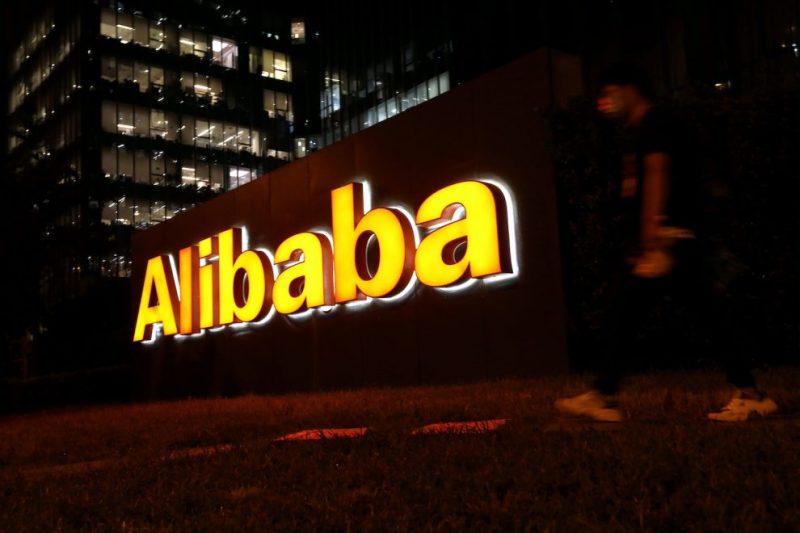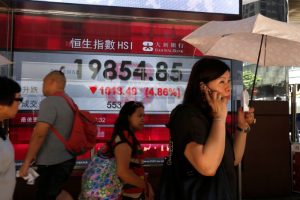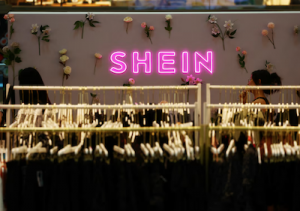Shares of Alibaba jumped by close to 5% on Tuesday after the Chinese e-commerce giant announced plans to seek a primary listing in Hong Kong while keeping its US listing.
The company, which is already present on the Hong Kong bourse with a secondary listing since 2019, said it expects the primary listing to be completed by the end of 2022.
Seeking a dual primary listing will allow Alibaba to apply for the Stock Connect scheme that will permit mainland China investors to buy its shares more easily. Its shares rose by nearly 5% in Hong Kong in response to the news.
With this move, Alibaba becomes the first big company to take advantage of a rule change allowing high-tech Chinese firms with dual class shares to seek dual primary listings in Hong Kong.
The announcement of its dual primary listing comes as both US and China sharpen scrutiny over Chinese companies’ listings, and after a devastating regulatory crackdown in China left Alibaba with a $2.8 billion fine and scuppered an initial public offering (IPO) of its affiliate Ant in late 2020.
Diversified Investor Base
Chief executive Daniel Zhang said the dual listing would foster a “wider and more diversified investor base”.
The move comes after the Hong Kong Stock Exchange (HKEX) changed its rules in January to allow “innovative” Chinese companies with weighted voting rights or variable interest entities (VIE) to carry out dual primary listings in the city.
Under a VIE structure, a Chinese firm sets up an offshore entity for overseas listing purposes that allows foreign investors to buy into the stock.
“Hong Kong is also the launch pad for Alibaba’s globalisation strategy, and we are fully confident in China’s economy and future,” Alibaba’s CEO Zhang said in a statement.
Alibaba listed on the New York Stock Exchange in September 2014, marking what was at the time the largest IPO in history.
China’s Regulatory Crackdown
Since 2020, the company’s share price has tanked in both markets, as a sweeping regulatory crackdown by Beijing has battered Chinese tech companies.
At the same time, US regulators have stepped up scrutiny of accounts of Chinese firms listed in New York, demanding greater transparency.
While broad in scope, a core focus of China’s crackdown has been regulators seeking to expand oversight of public offerings.
Last year, Chinese authorities launched a probe into ride-hailing giant Didi Chuxing just after it listed in New York, citing data privacy concerns.
The company later delisted and began preparations to list in Hong Kong, leading analysts to interpret the probe as driven by a desire on Beijing’s part for data-rich companies to list domestically.
In order to switch to a dual primary listing, the HKEX said companies had to have a good track record of at least two full financial years listed overseas, and a capitalisation of at least HK$40 billion ($5.10 billion) or a market value of at least HK$10 billion plus revenue of at least HK$1 billion for the most recent financial year.
- Reuters with additional editing by Jim Pollard
Note: This report was updated with further details on July 26, 2022.
ALSO READ:
China Stocks Delisting from US Pressures Index Providers
Alibaba Shares Rebound After Report of Action Against ‘Ma’
US Regulators Seen in China For Talks on Delisting Dispute
























